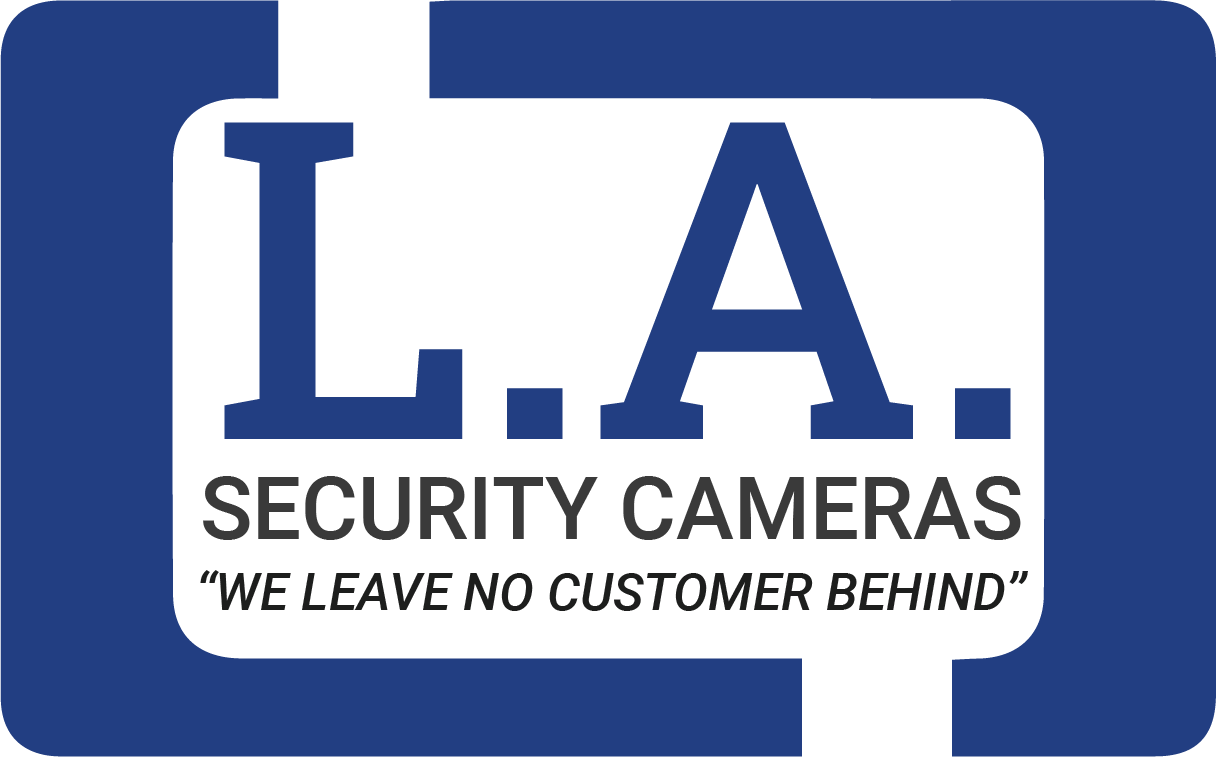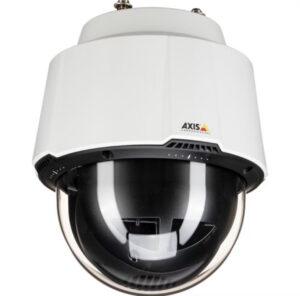Department store security cameras are an important part of ensuring the safety and security of employees, customers, and the store itself. Here are some considerations for installing security cameras in a department store setting:
- Strategic Placement: It’s important to strategically place security cameras in areas where they can capture the most relevant footage. This might include entrances and exits, high-value merchandise areas, cash registers, and other high-traffic areas.
- Lighting: Make sure that the areas covered by the cameras are well-lit, as cameras can have difficulty capturing clear footage in low-light conditions.
- Quality of Cameras: Select cameras that are designed for commercial settings, with high resolutions and a wide viewing angle. This will ensure that footage is clear and that cameras can capture a broad range of activity.
- Integration with Other Security Measures: Consider integrating your security cameras with other security measures, such as access control systems, alarm systems, and motion sensors, to create a comprehensive security solution.
- Privacy Concerns: Be mindful of privacy concerns when installing security cameras in a department store setting, as there may be areas where customers have a reasonable expectation of privacy.
Overall, installing security cameras in a department store setting can help deter theft and shoplifting. Monitor employee behavior, and ensure that the store is running smoothly and safely. Additionally, security cameras can provide valuable evidence in the event that a crime does occur. And aid in identifying suspects.
Department stores are unfortunately a common target for crime. Including shoplifting, employee theft, and organized retail crime. Here are some examples of department store crimes:
- Shoplifting: This is the most common type of crime in department stores, and involves stealing merchandise from the store. Shoplifters may use a variety of techniques, such as hiding items in bags or clothing, or distracting store employees.
- Employee Theft: Employees may also engage in theft. Either by stealing merchandise or taking cash from the register. This can be more difficult to detect than shoplifting. As employees have greater access to the store’s resources and may be familiar with the store’s security measures.
- Credit Card Fraud: Department stores may be targeted by criminals looking to use stolen credit card information to make fraudulent purchases. This can be especially challenging for stores to detect, as the purchases may appear legitimate at first glance.
- Organized Retail Crime: This type of crime involves groups of individuals working together to steal merchandise from department stores. These groups may be highly organized and have sophisticated tactics. Such as distracting store employees while others steal merchandise.
The use of security cameras, as well as other security measures. Can help prevent department store crimes by deterring potential criminals and providing evidence in the event that a crime does occur.
Call Us Now for a FREE Estimate
(213) 761-7900

